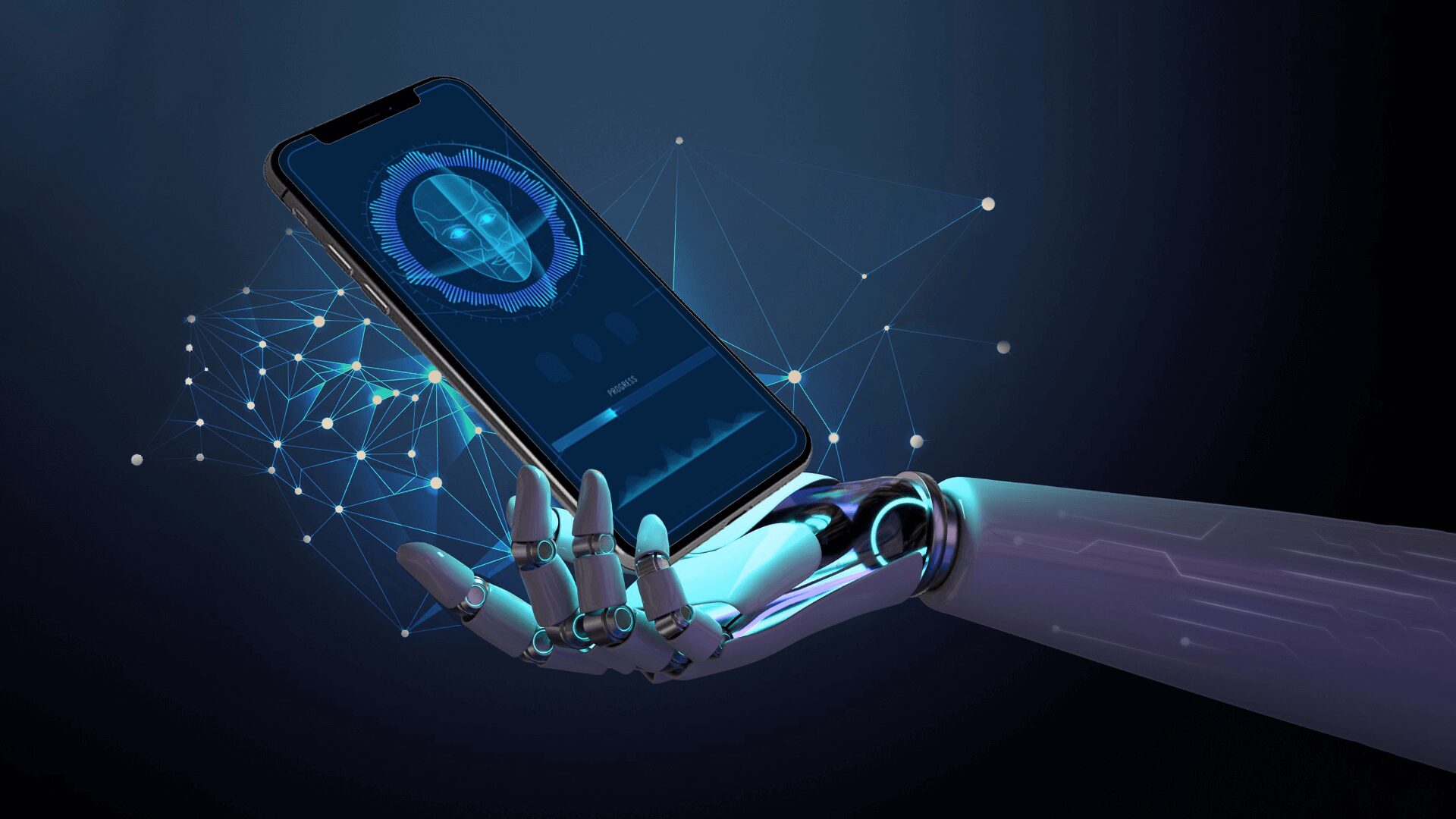AI and automation have transformed industries, from manufacturing to finance. Mobile app development is also undergoing significant changes as AI-driven tools simplify coding, design, and testing.
This shift has sparked debate: Will AI eliminate the need for mobile app developers? Or will it serve as a tool to enhance their capabilities? While automation streamlines development, human expertise remains critical for innovation, customization, and problem-solving.
Let’s explore how AI is impacting mobile app development and what it means for businesses and developers.
The Role of AI in Mobile App Development
AI is no longer a futuristic concept—it is actively shaping how mobile apps are built. From writing code to improving user experience, AI tools are making the development process more efficient.
Developers now use AI-powered platforms for:
- Automated Code Generation: AI can generate entire blocks of code, reducing manual effort.
- No-Code and Low-Code Development: Businesses can create apps without advanced coding skills.
- AI-Driven Testing and Debugging: AI identifies bugs and performance issues faster than traditional methods.
- User Behavior Analysis: AI studies user interactions to suggest improvements for better engagement.
These advancements help developers build apps faster, but they also raise concerns about job security.
AI-Powered Tools and Their Impact
AI tools are designed to assist developers, not replace them. Let’s examine some of the most significant AI-driven technologies shaping mobile app development.
- Automated Code Generation
AI can now write and optimize code, reducing the time required for development. Tools like:
- GitHub Copilot suggests entire lines of code based on developer input.
- OpenAI’s Codex translates natural language commands into code.
These tools speed up development but still require human oversight to ensure efficiency and accuracy.
- No-Code and Low-Code Platforms
No-code and low-code platforms allow businesses to build apps with minimal technical knowledge.
Popular platforms include:
- Bubble and Adalo for drag-and-drop app creation.
- OutSystems for enterprise-level applications.
These tools empower small businesses and entrepreneurs but have limitations when it comes to scalability, security, and complex features. Businesses still require mobile app development services for high-quality, customized solutions.
- AI in UI/UX Design
AI helps designers create intuitive interfaces by analyzing user behavior. Tools like:
- Adobe Sensei automates design suggestions.
- Uizard converts sketches into functional UI designs.
Despite these capabilities, human creativity is essential for building engaging user experiences. AI can assist, but it cannot replace human intuition in understanding user needs.
- AI-Driven Testing and Debugging
AI speeds up testing and debugging with tools like:
- Testim for automated functional testing.
- Applitools for AI-powered visual testing.
These tools improve efficiency, but experienced developers are still needed to interpret test results and resolve complex issues.
The Limits of AI in Mobile App Development
Despite its advancements, AI has limitations that prevent it from replacing human developers entirely.
- Lack of Creativity and Innovation
AI follows patterns based on existing data. It cannot generate original ideas or think outside the box like a human developer.
- Customization and Scalability
No-code and AI-generated code often lack flexibility. Complex applications require skilled developers to create tailored solutions.
- Understanding Business Goals
AI cannot fully grasp business requirements, market trends, and customer behavior the way human developers can.
- Security and Compliance Risks
AI-generated code may introduce vulnerabilities. Human developers ensure security standards are met, especially for industries with strict regulations.
Because of these limitations, companies still need to hire mobile app developers to create secure, scalable, and innovative applications.
Will AI Replace Mobile App Developers?
While AI automates repetitive tasks, it does not eliminate the need for human developers. Instead, it shifts the role of developers toward higher-level problem-solving and innovation.
Here’s what developers will focus on in the future:
- AI-Assisted Development: Learning AI-powered tools to improve efficiency.
- Strategic Thinking: Designing app architectures that AI cannot fully automate.
- Security and Compliance: Ensuring AI-generated code meets industry standards.
- Custom Solutions: Building unique applications that go beyond templates and pre-built modules.
Businesses that require advanced features, security, and scalability will continue to hire mobile app developers rather than relying solely on AI-driven platforms.
The Future of Mobile App Development
AI will continue to reshape the development process, but human expertise remains essential. The future will see:
- AI and Developers Working Together: Developers will use AI as a tool to improve productivity rather than seeing it as a competitor.
- Growing Demand for Custom Development: Businesses will require skilled developers for unique and secure applications.
- A Shift Toward High-Level Problem-Solving: Developers will focus on strategic decision-making rather than repetitive coding.
For companies investing in mobile app development services, AI offers efficiency, but human developers remain the key to delivering high-quality applications.
Final Thoughts
AI is transforming mobile app development, but it is not replacing developers. Instead, it is changing how they work by automating repetitive tasks. Developers who embrace AI tools will enhance their efficiency and remain valuable in the industry.
For businesses, AI-driven platforms offer convenience, but custom app development still requires human expertise. Companies looking for scalable, secure, and innovative applications will continue to hire mobile app developers to meet their needs.
FAQs:1. Will AI replace mobile app developers?
No, AI automates repetitive tasks but cannot replace human creativity, problem-solving, and strategic decision-making in app development.
- How is AI impacting mobile app development?
AI speeds up coding, testing, and design processes, making development more efficient while still requiring human oversight.
- Are no-code platforms a threat to mobile app developers?
No, no-code platforms help build simple apps, but businesses still need professional developers for complex and scalable solutions.
- Should developers learn AI-powered tools?
Yes, developers who integrate AI tools into their workflow can improve productivity and stay competitive in the industry.
- Do businesses still need to hire mobile app developers?
Yes, companies require skilled developers for custom features, security, and performance optimization beyond AI-generated solutions.



























